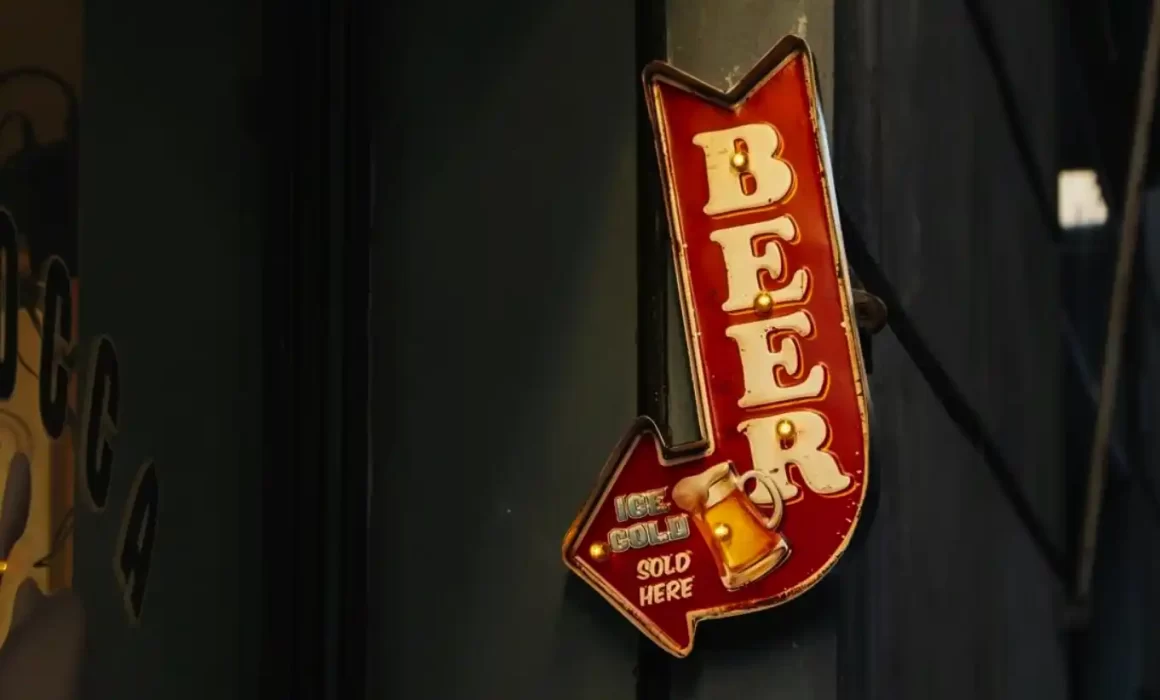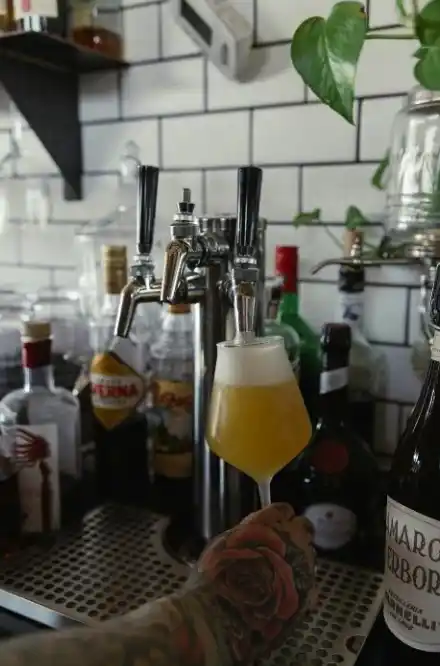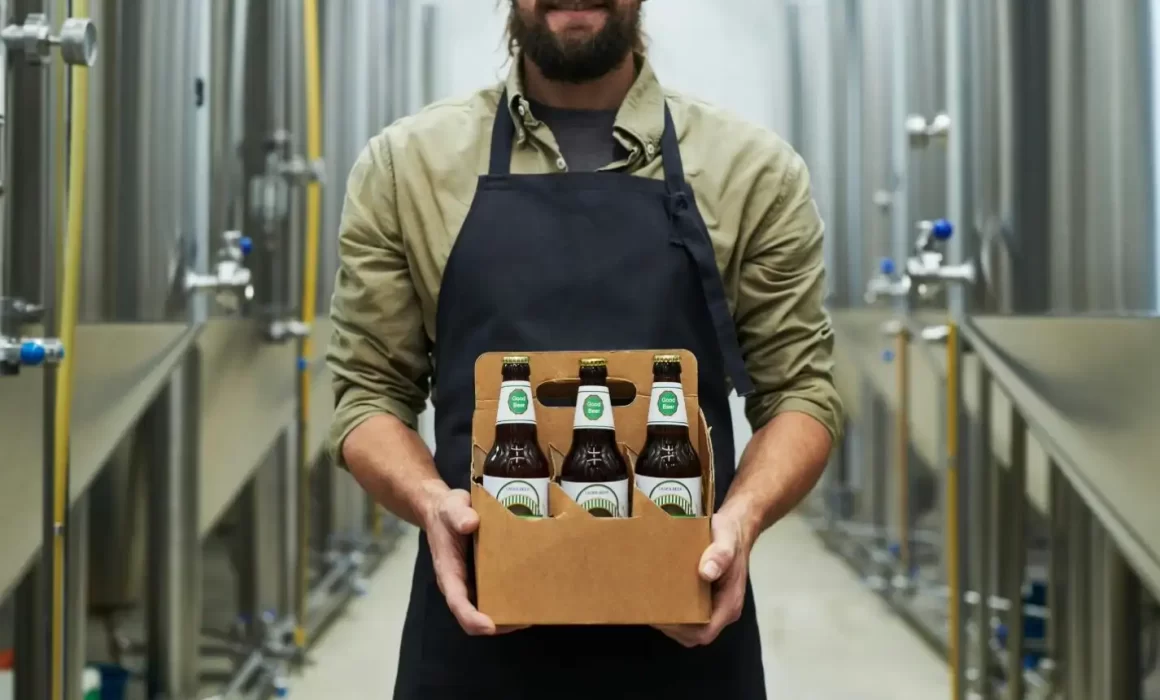Why Most Beverage Startups Fail—and How Smart Equipment Planning Can Help Prevent It
A Sponsored Guide by PRO Engineering / Manufacturing Inc.
Table of Contents
- 2.1 The Rise of Craft, Functional, and Niche Beverages
- 2.2 Regulatory and Safety Pressures for New Brands
- 3.1 Downtime, Contamination, and Compliance Risks
- 3.2 Scaling Challenges Without the Right Systems
- 4.1 Mixing, Blending, and Fermentation Units
- 4.2 Packaging and Labeling Systems
- 4.3 Pasteurization Solutions (Why PRO Engineering Leads the Way)
- 5.1 Tunnel Pasteurizers for Large-Scale Growth
- 5.2 Batch Pasteurizers for Flexibility and Small-Batch Testing
- 5.3 PRO Engineering’s SlimLine, Large, and Triple-Temp Models
- 6.1 Pilot Runs and Batch Testing
- 6.2 Transitioning to High-Volume Production
- 6.3 Avoiding “Equipment Lock-In”
- 7.1 Energy Savings, Maintenance, and Longevity
- 7.2 Regulatory Compliance as Cost-Savings
- 7.3 Brand Trust and Consumer Confidence
1. Introduction: Why Equipment Choices Define Startup Success
Entering the beverage industry is exciting—but also fraught with pitfalls. Thousands of startups launch each year, but only a fraction survived past year three. A critical factor in success? Equipment planning. Without the right systems, even great-tasting products can fail due to safety issues, scaling limitations, or inefficiencies.
This guide will walk you through how to plan your beverage equipment strategy from day one, with a focus on pasteurization solutions from PRO Engineering / Manufacturing Inc. Their advanced tunnel pasteurizers and batch pasteurizers are trusted by both startups and global beverage leaders to ensure taste consistency, safety, and compliance.
2. Understanding the Beverage Market Landscape
2.1 The Rise of Craft, Functional, and Niche Beverages
Consumers today demand more than sodas or juices. Functional waters, kombucha, plant-based drinks, and low-alcohol options are driving category growth. Startups thrive by filling these niches, but with innovation comes responsibility, especially in food safety and quality control.
2.2 Regulatory and Safety Pressures for New Brands
Launching a beverage without proper pasteurization is a recipe for recalls. Food safety standards are strict, and regulators demand consistency. Startups must prove not only taste quality but also microbial safety—an area where equipment choices make or break a brand’s reputation.
3. The True Cost of Poor Equipment Planning
3.1 Downtime, Contamination, and Compliance Risks
Cheap or undersized equipment often leads to frequent breakdowns, inconsistent processing, or contamination risks. Each of these failures can result in regulatory penalties, product recalls, or lawsuits.
3.2 Scaling Challenges Without the Right Systems
A common mistake is starting with equipment that can’t scale. Replacing systems mid-growth is costly. Choosing modular, scalable solutions like PRO’s SlimLine Tunnel Pasteurizers helps startups expand without halting production.
4. Core Beverage Equipment Every Startup Needs
4.1 Mixing, Blending, and Fermentation Units
These systems ensure product consistency and flavor profiles. Poor blending can destroy customer loyalty in one batch.
4.2 Packaging and Labeling Systems
Automated systems save labor costs and reduce errors. Labels must meet compliance standards, especially in health beverages.
4.3 Pasteurization Solutions (Why PRO Engineering Leads the Way)
Pasteurization is the safeguard for taste and safety. PRO Engineering / Manufacturing Inc. designs systems that balance efficiency with flavor retention. Whether you’re producing craft sodas or wellness shots, PRO’s pasteurizers help ensure your product is safe and shelf stable.
5. Choosing Between Tunnel Pasteurizers and Batch Pasteurizers
5.1 Tunnel Pasteurizers for Large-Scale Growth
Tunnel pasteurizers are ideal when you anticipate rapid scaling. Beverages pass through controlled temperature zones, ensuring consistency across thousands of bottles per hour. Options like Large Tunnel Pasteurizers deliver industrial-level capacity while preserving quality.
5.2 Batch Pasteurizers for Flexibility and Small-Batch Testing
Startups often begin small. Batch pasteurizers provide flexibility for R&D, seasonal products, or local launches. PRO’s Single-Temp and Triple-Temp models adapt to different product requirements, making them excellent for trial runs.
5.3 PRO Engineering’s SlimLine, Large, and Triple-Temp Models
What sets PRO apart is range. Their SlimLine Pasteurizers offer compact, energy-efficient solutions for startups that need tunnel-level results without industrial footprints. For larger facilities, Large Tunnel Pasteurizers handle massive throughput, while Triple-Temp batch systems provide versatility in processing beverages with unique profiles.
6. Planning for Scalability: Start Small, Build Big
6.1 Pilot Runs and Batch Testing
Begin with batch pasteurizers to test formulations and packaging compatibility. These smaller units reduce costs while providing market-ready safety assurance.
6.2 Transitioning to High-Volume Production
Once demand grows, scaling tunnel pasteurizers prevents bottlenecks. PRO’s modular systems ensure smooth upgrades without forcing full reinvestments.
6.3 Avoiding “Equipment Lock-In”
Many startups make the mistake of buying equipment that can’t grow with them. PRO’s engineering philosophy centers on future-ready designs—equipment that works today and tomorrow.
7. ROI: Calculating the Value of the Right Pasteurizer
7.1 Energy Savings, Maintenance, and Longevity
Modern systems reduce water and energy waste. Over five years, efficient tunnel pasteurizers save thousands on utilities compared to older or low-grade models.
7.2 Regulatory Compliance as Cost-Savings
Each recall avoided represents hundreds of thousands of saved losses. Reliable pasteurization is an insurance policy against brand collapse.
7.3 Brand Trust and Consumer Confidence
Consumers expect safe, consistent beverages. Pasteurization provides the foundation for scalable trust, turning first-time buyers into loyal customers.
8. Case Study Insights: How Proper Pasteurization Drives Success
Imagine a craft kombucha startup launching in LA. They begin with a PRO batch pasteurizer to perfect recipes. After winning local markets, they scale to a SlimLine Tunnel Pasteurizer, expanding distribution statewide. Within three years, they’re producing 50,000 bottles a week—without changing suppliers or re-learning processes. That’s the power of planning with PRO Engineering / Manufacturing Inc.
9. Implementation Timeline: Equipment Planning Checklist
Month 1-3: Market research, product concepting, and pilot testing with batch systems.
Month 4-6: Install first batch pasteurizer for production-ready launches.
Month 7-12: Track sales growth, optimize formulations.
Year 2: Transition to SlimLine Tunnel Pasteurizer for scaling.
Year 3+: Expand to Large Tunnel Pasteurizer for regional/national distribution.
10. Frequently Asked Questions
Q1: Why is pasteurization critical for new beverage startups?
Pasteurization ensures both safety and shelf stability, protecting against microbial risks. It also enhances consumer trust, which is vital for startups entering competitive markets.
Q2: Should I start with a tunnel pasteurizer or a batch pasteurizer?
Startups typically begin with batch pasteurizers due to their lower cost and flexibility. As demand grows, transitioning to tunnel pasteurizers provides the throughput required for scaling.
Q3: How do PRO Engineering pasteurizers compare to competitors?
PRO Engineering / Manufacturing Inc. offers a wide range of models—from Single-Temp batch pasteurizers to Large Tunnel Pasteurizers—with engineering tailored to efficiency, scalability, and safety.
Q4: How much does pasteurization equipment cost for a startup?
Costs vary by capacity and customization. Batch pasteurizers are more affordable upfront, while tunnel pasteurizers are an investment for long-term growth. Contact PRO directly for tailored quotes.
Q5: Can I customize PRO Engineering equipment for unique beverages?
Yes. PRO specializes in custom-designed pasteurization systems to accommodate unique formulations, packaging, and scaling needs.
11. Conclusion: Building Beverage Success with PRO Engineering
Launching a beverage startup is thrilling, but success hinges on the invisible backbone of equipment. From pilot runs to nationwide scaling, your choices determine safety, efficiency, and profitability.
By partnering with PRO Engineering / Manufacturing Inc., startups gain access to world-class tunnel and batch pasteurization solutions designed for growth. Whether you need SlimLine efficiency, Large-scale capacity, or versatile batch systems, PRO delivers equipment that evolves with your brand.
Enter new beverage markets with confidence—plan your equipment strategy with PRO Engineering today.
RESOURCES:
Government Links
📚 Wikipedia Links
ABOUT PRO ENGINEERING / MANUFACTURING INC.
Trusted | Knowledge | Quality
We have been involved in pasteurizers since 1977.
PRO Engineering / Manufacturing Inc. has developed a range of small, medium, and large-sized tunnel & batch pasteurizers to fit the needs of BrewMasters and Beverage Makers. When our customers asked for more compact as well as full-size tunnel pasteurizers, PRO developed models to fit our customers’ needs. Then our customers needed a batch pasteurizer. We now provide batch pasteurizers; PRO is a business that continually innovates to meet customer needs.
For more than 40 years, we have been delivering solutions for beverage product shelf stability and consumption safety.
Edward A. Michalski CEO
Ed Michalski started his career in the beverage industry by designing stainless steel, higher flow, spray headers for Pabst Brewing. Along with the header design he also developed a process to produce the new headers.
Ed, along with his brother David, formed PRO Engineering / Manufacturing Inc. Based on what they learned by re-designing and refurbishing other manufacturers’ pasteurizers, Ed and PRO started to offer the pasteurizer marketplace superior new pasteurizers. PRO Engineering / Manufacturing Inc. has been designing and manufacturing great pasteurizers for over four decades.
For more information on tunnel and batch pasteurization contact PRO Engineering / Manufacturing, Inc. at [email protected] or call (414) 362-1500 and ask for Ed Michalski, CEO.
Partner with a PRO!… PRO Engineering / Manufacturing Inc.
Internal Resources:








